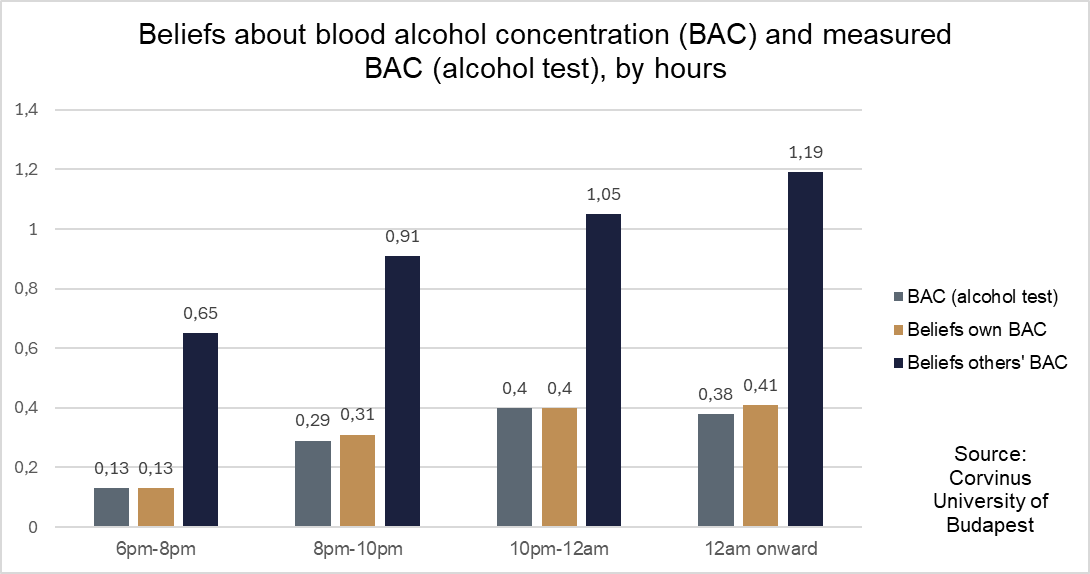New research: Why we trust strangers more when drunk at the same event
Change language:
Drinking and being drunk is linked to trusting others more if sharing an experience, finds new research from Corvinus University of Budapest.
Professor Giuseppe Attanasi from Corvinus University and colleagues interviewed more than 1800 attendees at a large music festival and measured alcohol consumption through a breathalyser and self-perceived intoxication. They also measured different types of trust: trust for others in general, trust for those taking part in a shared experience (other festival attendees), and trust in drinkers at the same event.
The results show a positive and significant relationship between alcohol intoxication and trust towards other event participants and drinkers, but no correlation between intoxication and trust towards others in general.
In fact, generalised trust decreases if the individual believes others are intoxicated; the thought of being surrounded by drunk people reduces trust more generally.
“This research speaks in favour of a sort of endogenous group formation, with drinkers trusting other attendees, and other drinkers, more as they are all part of a shared event where alcohol intake is widely accepted and considered almost a norm,” says Professor Attanasi.






